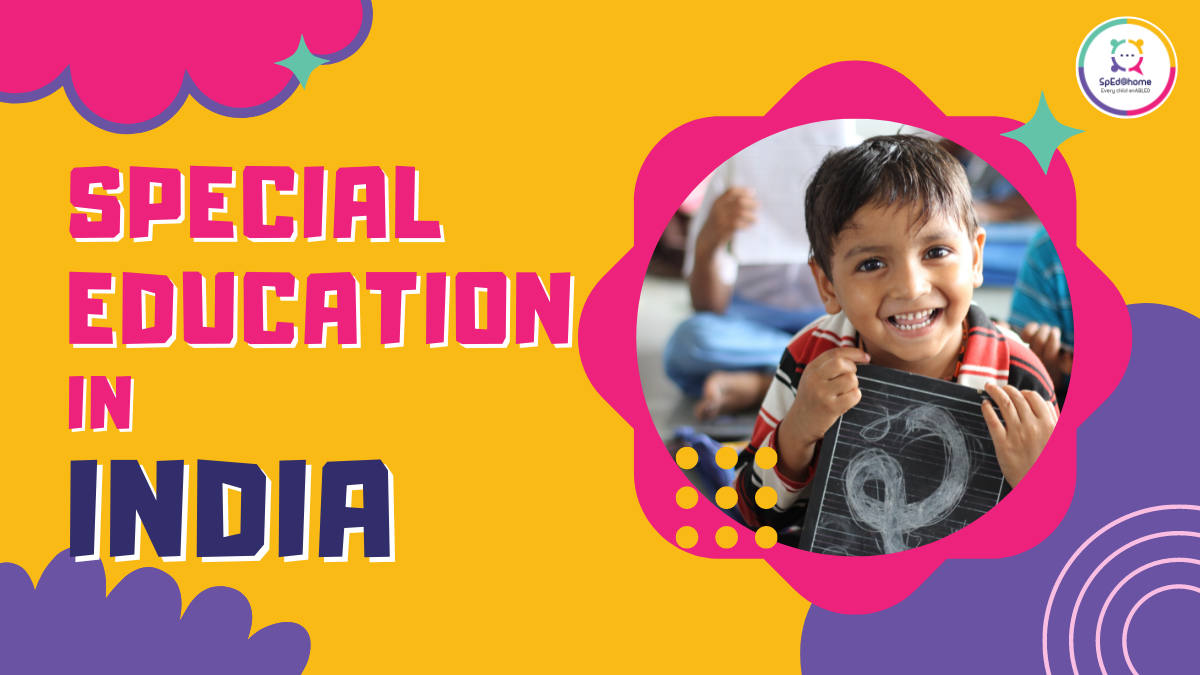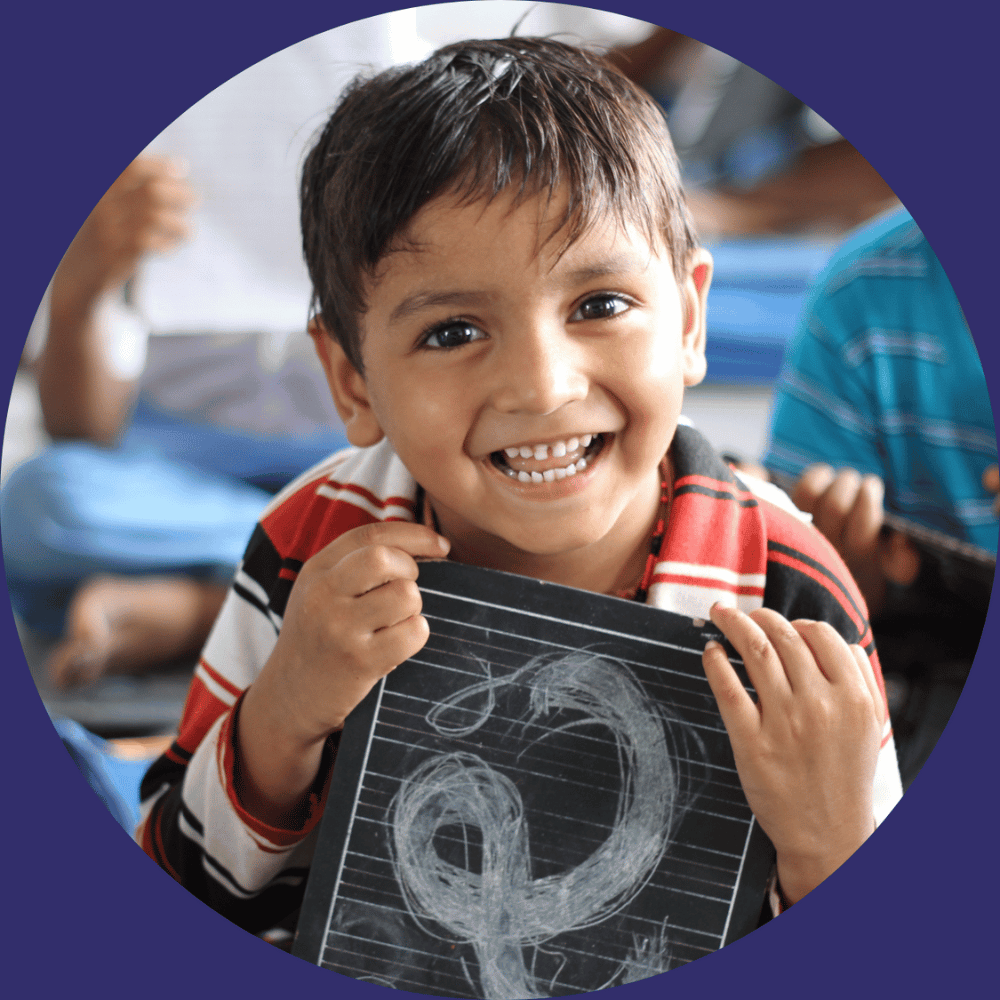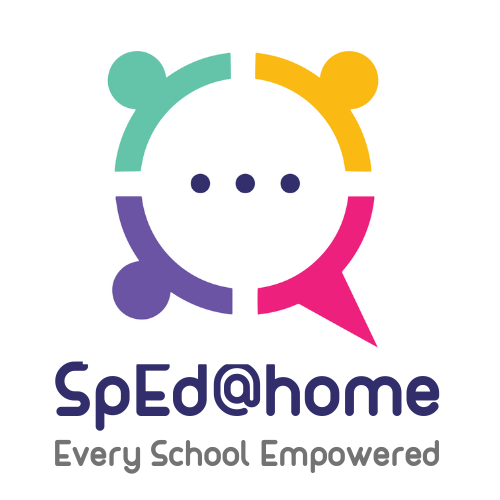Special education in India is an essential aspect of inclusive education that aims to cater to the diverse needs of students with disabilities and learning difficulties. Over the years, India has made significant strides in recognizing the rights of individuals with special needs, ensuring they receive appropriate education and support. This article explores key facts about special education in India, including its evolution, legal framework, challenges, and ongoing initiatives.
Historical Evolution
India’s journey towards inclusive education began with the establishment of the Rehabilitation Council of India (RCI) in 1986, which aimed to enhance the quality of life for individuals with disabilities. The Persons with Disabilities (Equal Opportunities, Protection of Rights and Full Participation) Act of 1995 further emphasized the right to education for students with disabilities.
Legal Framework
India’s legal framework provides a strong foundation for special education. The Rights of Persons with Disabilities Act (RPWD), enacted in 2016, replaced the earlier legislation and broadened the scope of disabilities. The RPWD Act ensures equal opportunities, protection, and full participation of individuals with disabilities in various aspects of life, including education.
Categories of Disabilities
The RPWD Act recognizes various categories of disabilities, including intellectual disabilities, hearing impairments, visual impairments, locomotor disabilities, speech and language disabilities, and more. Each category requires tailored educational interventions to support the unique needs of students.
Inclusive Education
Inclusive education is a key principle guiding special education in India. It promotes the integration of students with disabilities into mainstream schools, fostering an environment of acceptance, equality, and collaboration. Inclusive education encourages the use of assistive technology, modifications, and accommodations to support students’ learning.
Challenges
Despite progress, special education in India faces several challenges. Limited awareness and understanding about disabilities, inadequate infrastructure, lack of trained professionals, and social stigmas remain significant obstacles. There is a need for greater sensitization and resource allocation to address these challenges effectively.
Government Initiatives
The Government of India has undertaken various initiatives to enhance special education. The Sarva Shiksha Abhiyan (SSA) and the Inclusive Education for Disabled at the Secondary Stage (IEDSS) programs aim to provide inclusive education and support services to students with disabilities. These initiatives focus on capacity-building, teacher training, and the creation of accessible learning materials.
Supportive Measures:
To facilitate the learning process, special education in India offers a range of supportive measures. Individualized Education Plans (IEPs) are developed to identify students’ needs and design appropriate interventions. Special educators, therapists, and counselors work together to ensure the holistic development of students.
Vocational Training and Employment:
Preparing students with disabilities for future employment is crucial. Vocational training programs equip them with necessary skills and provide opportunities for inclusive employment. The National Vocational Education Qualification Framework (NVEQF) integrates vocational training into mainstream education, fostering independence and self-sufficiency.
Non-Governmental Organizations (NGOs):
Numerous NGOs play a vital role in promoting special education in India. They offer services such as early intervention, parent support, and community awareness programs. Organizations like Enable India, Action for Autism, and Asha Kiran are actively involved in empowering individuals with special needs.
Changing Perception
Efforts are underway to change societal perceptions about disabilities. Media campaigns, public events, and awareness programs are challenging stereotypes and fostering an inclusive mindset. These initiatives aim to create an inclusive society that recognizes the rights and capabilities of individuals with disabilities.
Special education in India is witnessing positive developments, emphasizing the inclusion and empowerment of students with special needs. By building on legal frameworks, increasing awareness, and implementing targeted initiatives, India is striving to create an inclusive education system that ensures equal opportunities for all learners. Continued efforts, collaboration among stakeholders, and allocation of resources will play a pivotal role in further enhancing special education in India, enabling students with unique needs to reach their full potential.












